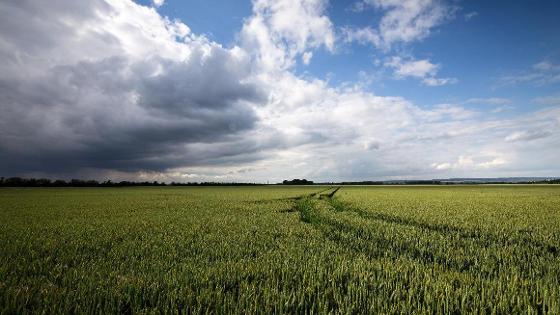National Bioeconomy Strategy
Bioeconomy is considered as one of the most important future fields for sustainable economic activity. With the National Bioeconomy Strategy, the Federal Government is promoting the transition in industry and society toward a sustainable and bio-based economy.


The Federal Government has set down the guidelines and its policy objectives in this area in the Bioeconomy Strategy. The primary objective is for industry and society to become increasingly independent of fossil resources such as carbon, oil and natural gas.
To achieve this, the Federal Ministry of Food and Agriculture (BMEL) and the Federal Ministry for Education and Research (BMBF) will support innovations and hands-on research projects with their tools and facilities.
Improving conditions to strengthen the bioeconomy is also part of the National Bioeconomy Strategy (NBÖS). From 2020 to 2024, the BMBF and the BMEL alone will provide 3.6 million euro for bioeconomy-relevant projects and measures.
The Strategy has been developed jointly by the BMBF and the BMEL and coordinated with the other affected Federal Ministries.
The Strategy builds on the “National Bioeconomy Policy Strategy” and the “2030 National Research Strategy for BioEconomy” and pools the political activities.
Objectives of the Federal Government’s Bioeconomy Strategy
The strategic objectives of the National Bioeconomy Strategy (NBÖS) are to:
- develop bioeconomic solutions for the Sustainability Agenda;
- recognise and harness the potentials of the bioeconomy within ecological limits;
- expand and use biological knowledge;
- gear industry’s resource base toward sustainability;
- further consolidate Germany’s position as the leading innovation hub of the bioeconomy; and
- integrate society, intensifying national and international cooperation.
The new Bioeconomy Strategy is one of the Federal Government’s activities to help achieve its climate action goals and the United Nations Sustainable Development Goals.
Support at the BMEL
The BMEL’s main schemes and institutions to support innovations and hand-on research projects are:
- the BMEL’s departmental research (for instance the Thünen Institute or the Julius Kühn Institute);
- the Federal Scheme for Organic Farming (BÖL); and
- the Support Scheme for Renewable Resources








